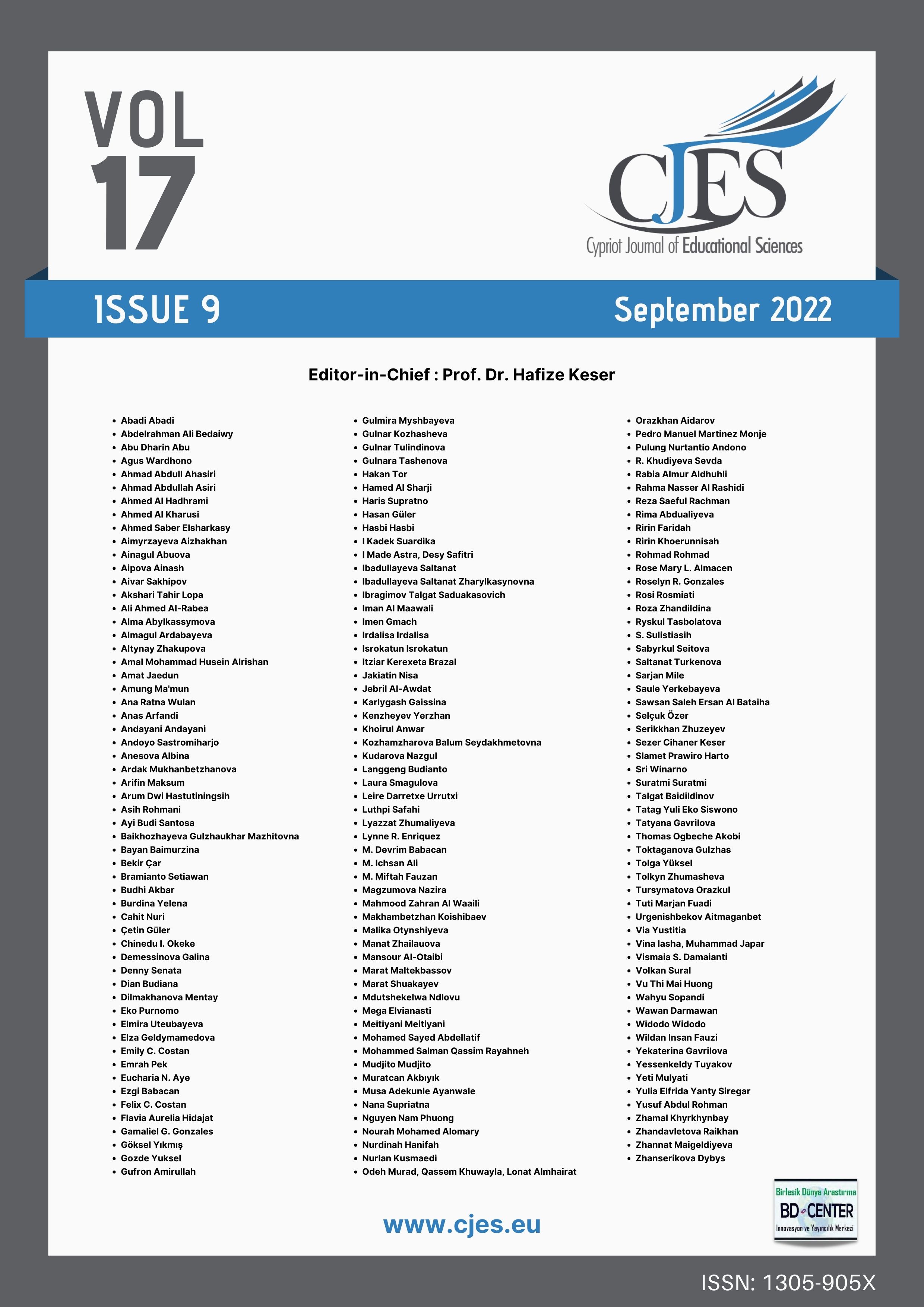Students’ response to the implementation of brain-based learning (the BBL) approach in history teaching
Main Article Content
Abstract
This study focuses on how students respond to brain-based learning (the BBL) in History teaching to enhance cognitive, social, reflective, emotional, and physical aspects. The study used a survey-based approach and collected data through questionnaires, interviews, and two-month observations of three participating schools. Findings indicate that the teaching-learning process using the BBL approach helps educators understand students’ different characteristics and build a conducive classroom atmosphere that facilitates cooperation, historical reflection, as well as historical fact memorizing skills. However, it appears that this approach has not addressed students’ emotional intelligence, historical empathy, and stress management. Findings show that the students were still anxious when facing a History test involving a vast amount of data that required them to memorize facts even though they had been provided with training on different memorizing techniques. In addition, the students were not guided to express their feelings about a particular historical phenomenon.
Keywords: brain, history, learning, memorizing, textbook.
Downloads
Article Details

This work is licensed under a Creative Commons Attribution 4.0 International License.
Cypriot Journal of Educational Sciences is an Open Access Journal. The copyright holder is the author/s. Licensee Birlesik Dunya Yenilik Arastirma ve Yayincilik Merkezi, North Nicosia, Cyprus. All articles can be downloaded free of charge. Articles published in the Journal are Open-Access articles distributed under a CC-BY license [Attribution 4.0 International (CC BY 4.0)].
Birlesik Dunya Yenilik Arastirma ve Yayincilik Merkezi (BD-Center)is a gold open-access publisher. At the point of publication, all articles from our portfolio of journals are immediately and permanently accessible online free of charge. BD-Center articles are published under the CC-BY license [Attribution 4.0 International (CC BY 4.0)], which permits unrestricted use, distribution, and reproduction in any medium, provided the original authors and the source are credited.

